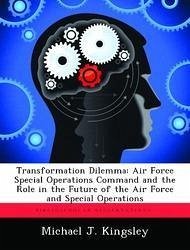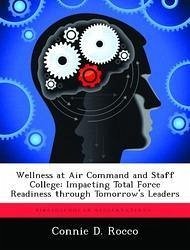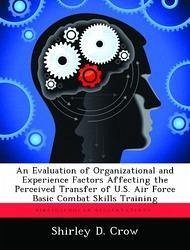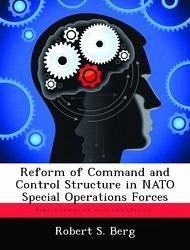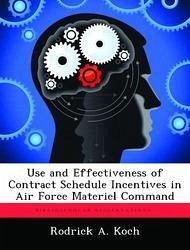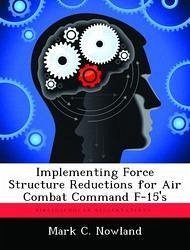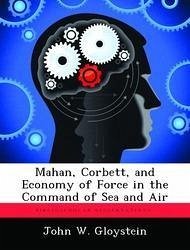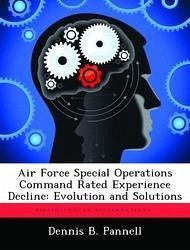
Air Force Special Operations Command Rated Experience Decline
Evolution and Solutions
Versandkostenfrei!
Versandfertig in über 4 Wochen
15,99 €
inkl. MwSt.

PAYBACK Punkte
8 °P sammeln!
Recent studies and accident investigations have brought AFSOC aircrew experience into question. While Air Force calculations indicate AFSOC experience levels are adequate, there is growing concern within the operations community that suggests experience levels are slipping to dangerous levels. The purpose of this paper is to investigate the state of AFSOC aircrew experience. By quantitatively analyzing AFSOC experience levels over time against aircrew inventories, this paper discovered that AFSOC experience levels have declined and are poised to decline further. Over-manning (mostly pilots), i...
Recent studies and accident investigations have brought AFSOC aircrew experience into question. While Air Force calculations indicate AFSOC experience levels are adequate, there is growing concern within the operations community that suggests experience levels are slipping to dangerous levels. The purpose of this paper is to investigate the state of AFSOC aircrew experience. By quantitatively analyzing AFSOC experience levels over time against aircrew inventories, this paper discovered that AFSOC experience levels have declined and are poised to decline further. Over-manning (mostly pilots), imbalanced manning, combat operations, low FTU capacity, and other factors are all contributing to decrease flying hours, which profoundly impacts inexperienced aircrew by extending the seasoning process. In turn, this is causing a downward spiral of experience. This paper makes several recommendations to address these issues. By increasing simulator utilization to relieve pressure on flying hours, improving aircrew management from AFSOC down to the unit level, and by re-evaluating the experience criteria, AFSOC can improve both the aircrew seasoning rate (thereby reversing the downward spiral in experience) and ensure experience levels are appropriate for current and future missions. This work has been selected by scholars as being culturally important, and is part of the knowledge base of civilization as we know it. This work was reproduced from the original artifact, and remains as true to the original work as possible. Therefore, you will see the original copyright references, library stamps (as most of these works have been housed in our most important libraries around the world), and other notations in the work. This work is in the public domain in the United States of America, and possibly other nations. Within the United States, you may freely copy and distribute this work, as no entity (individual or corporate) has a copyright on the body of the work. As a reproduction of a historical artifact, this work may contain missing or blurred pages, poor pictures, errant marks, etc. Scholars believe, and we concur, that this work is important enough to be preserved, reproduced, and made generally available to the public. We appreciate your support of the preservation process, and thank you for being an important part of keeping this knowledge alive and relevant.



